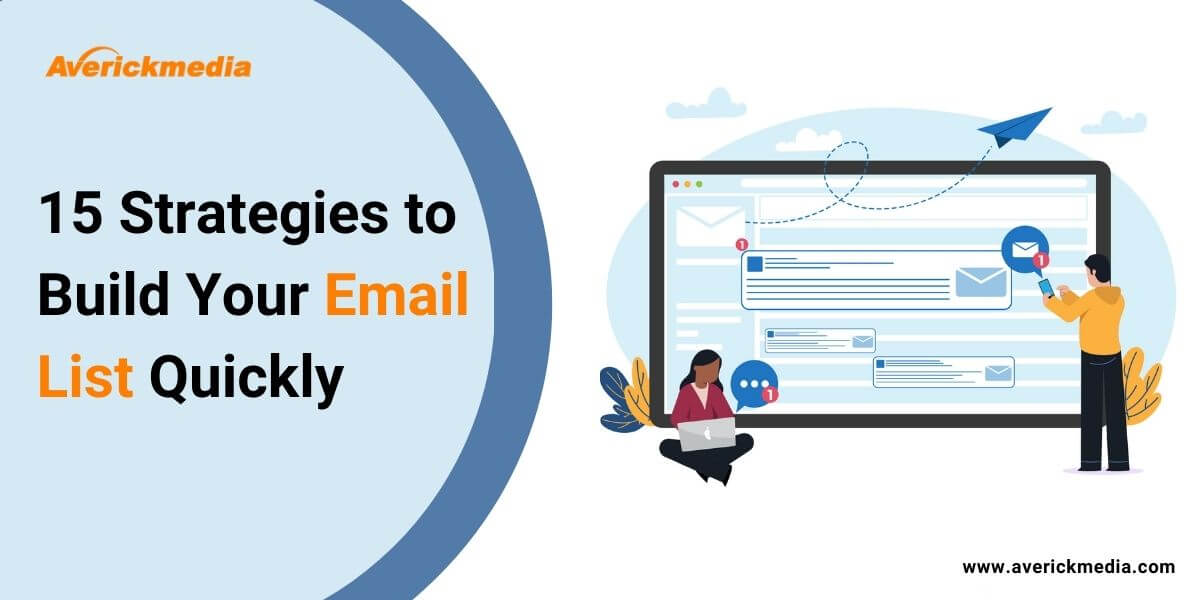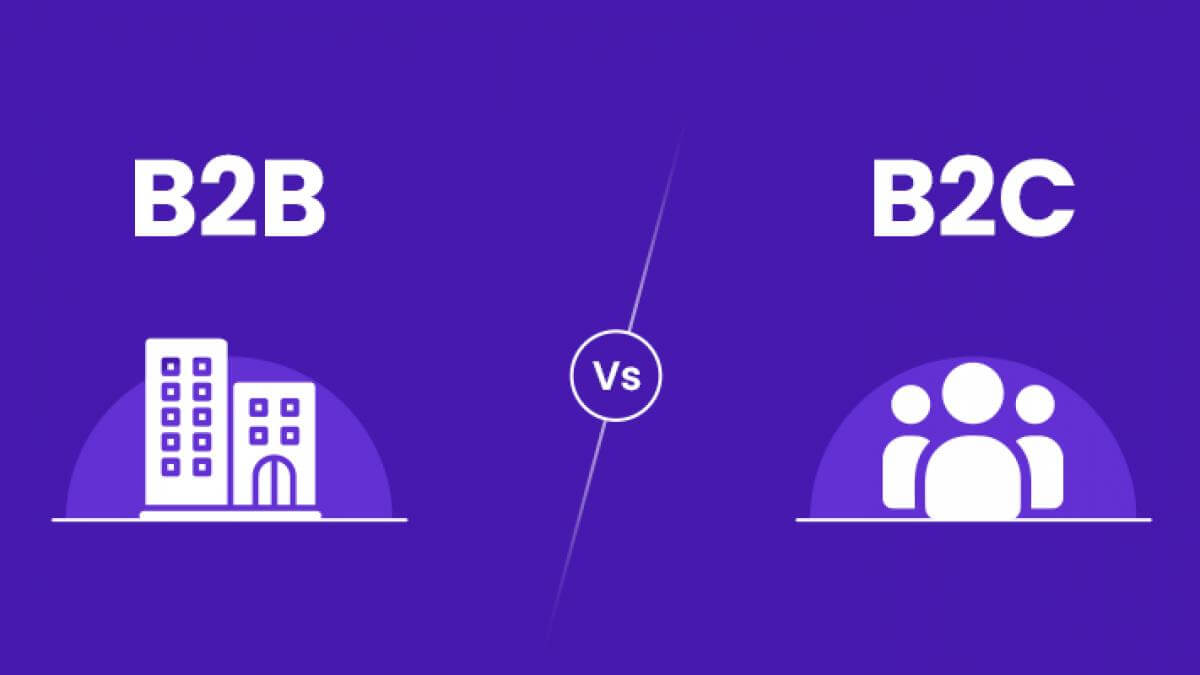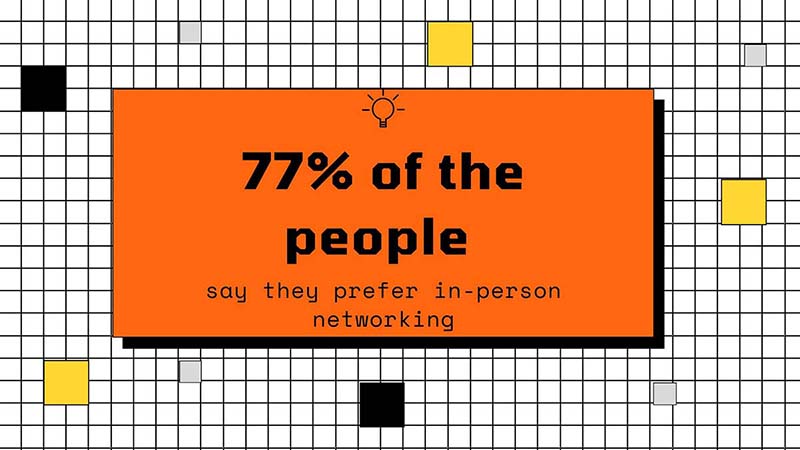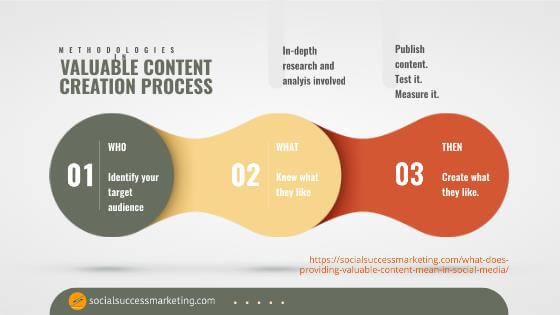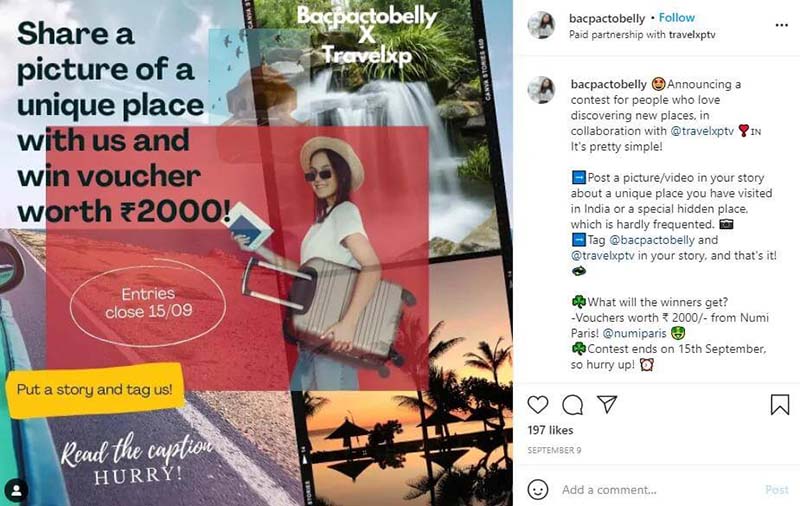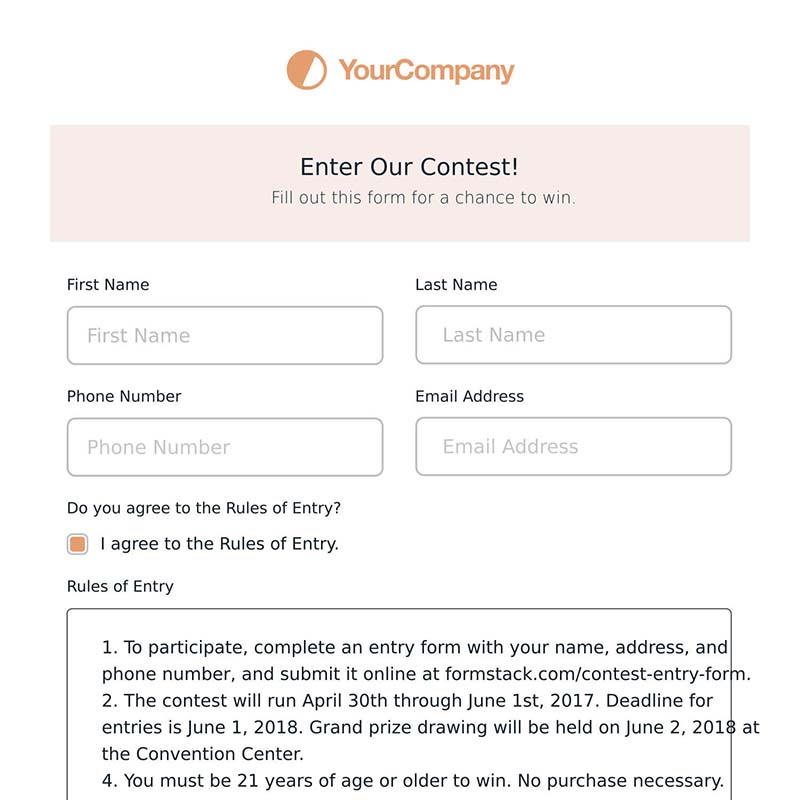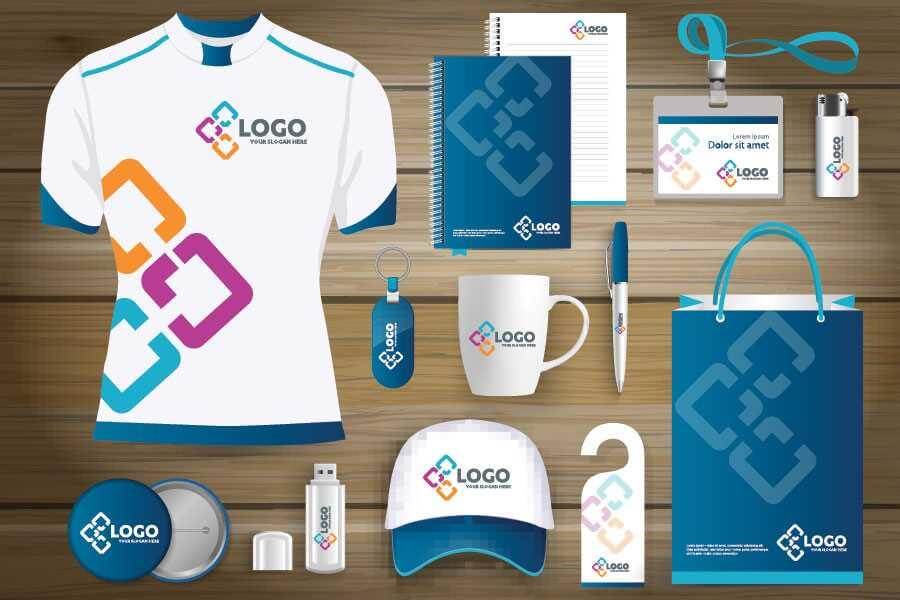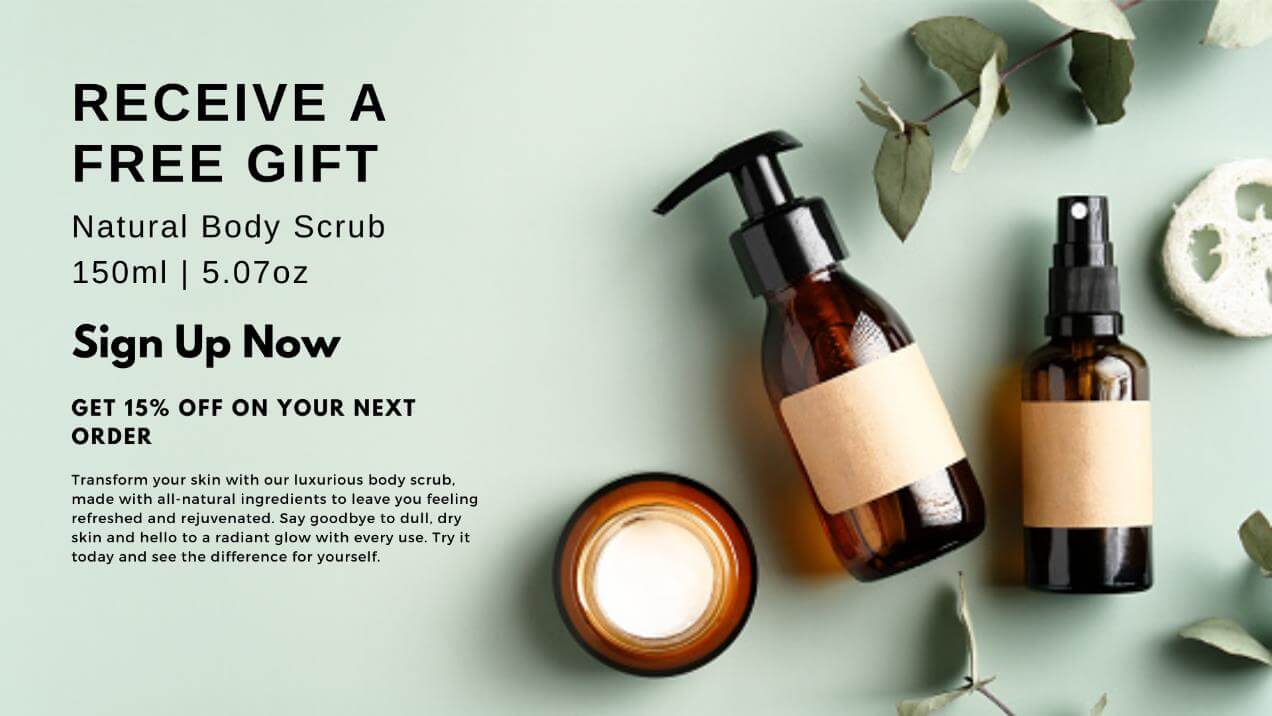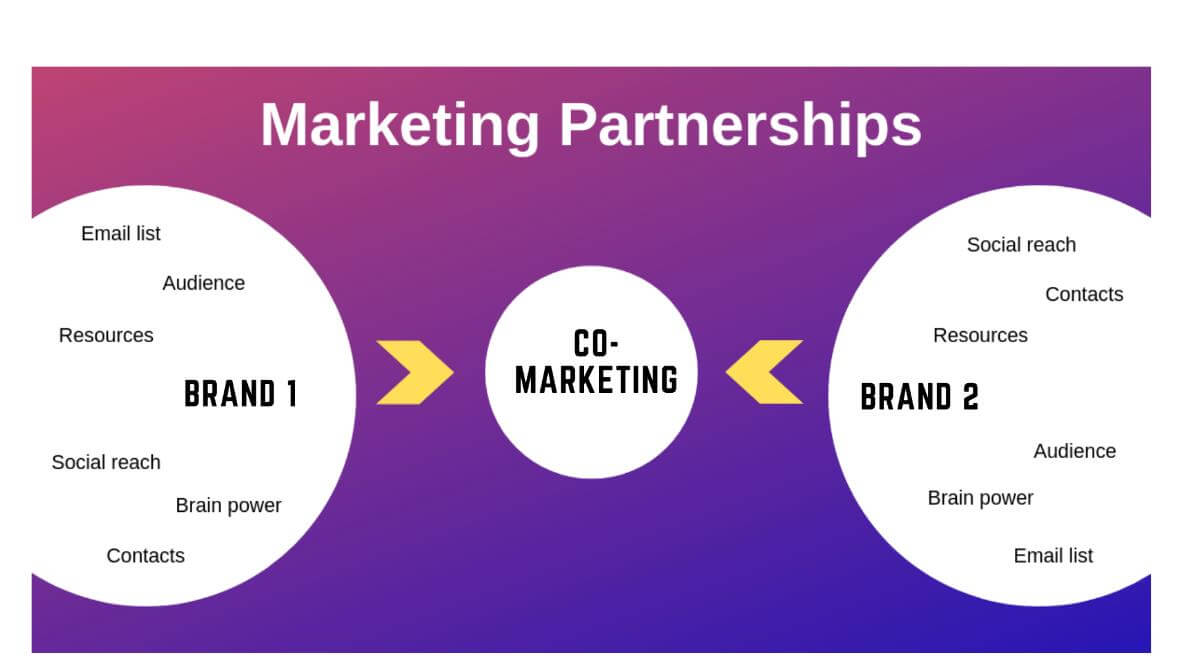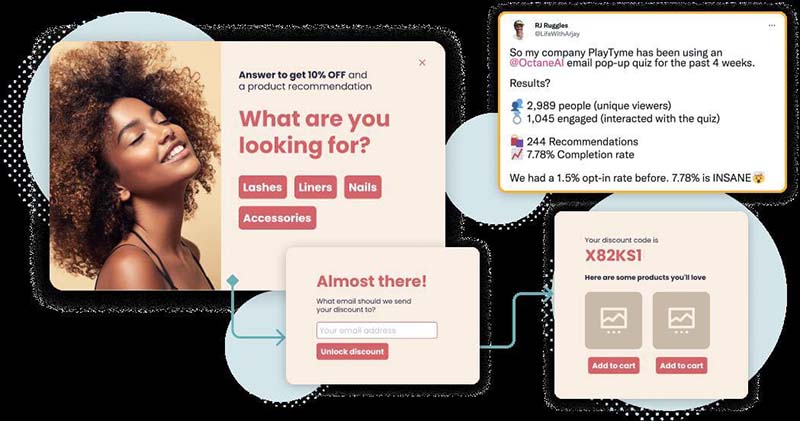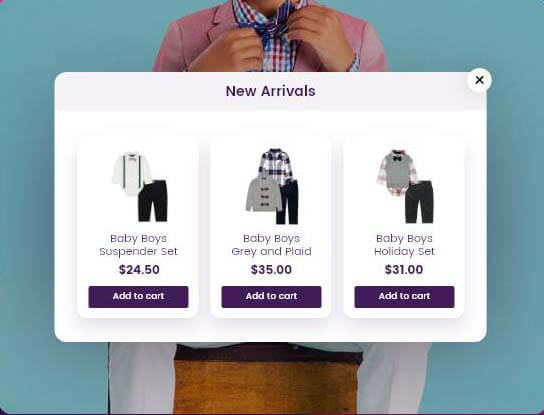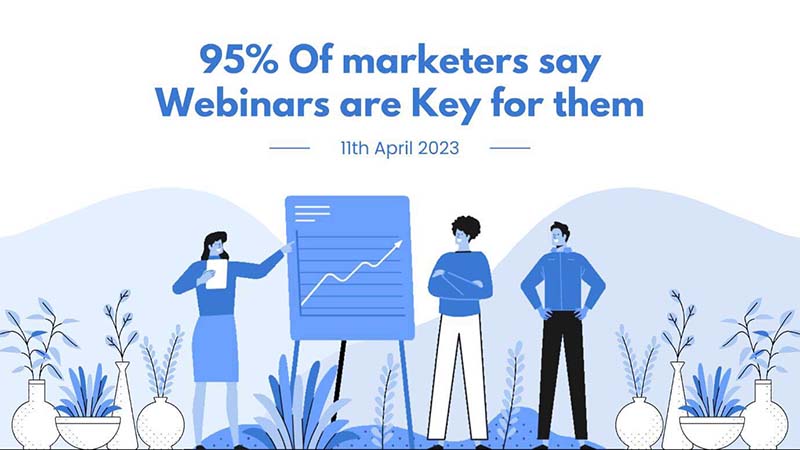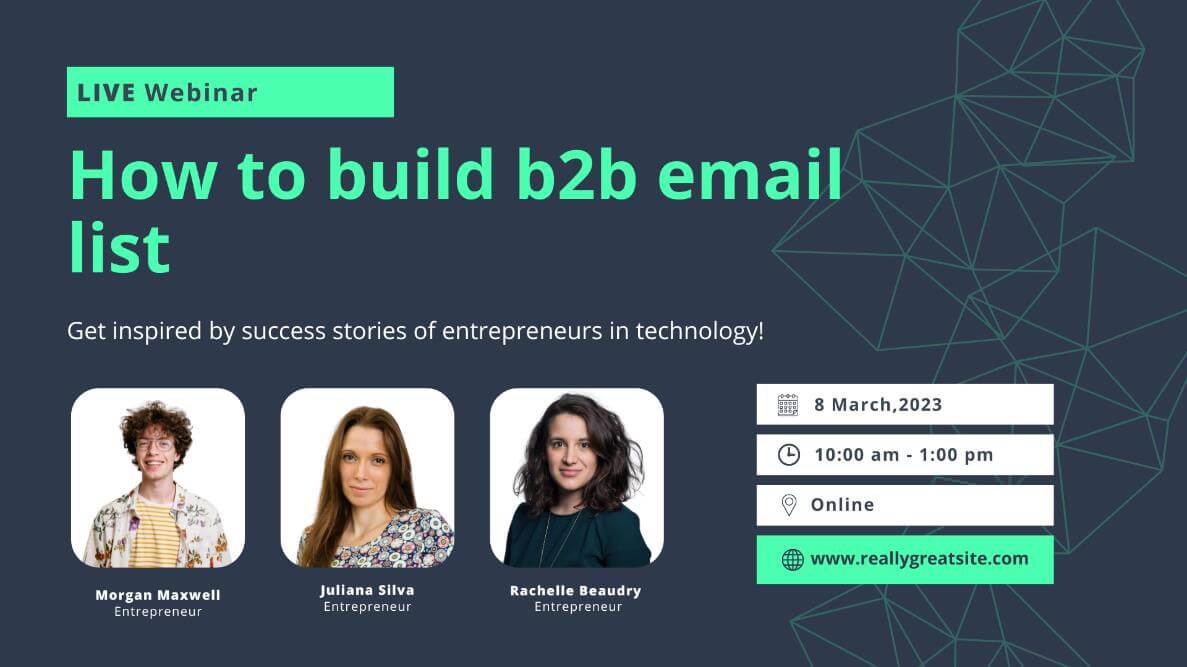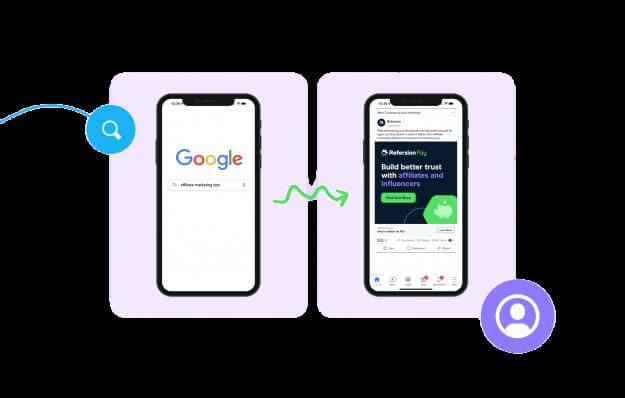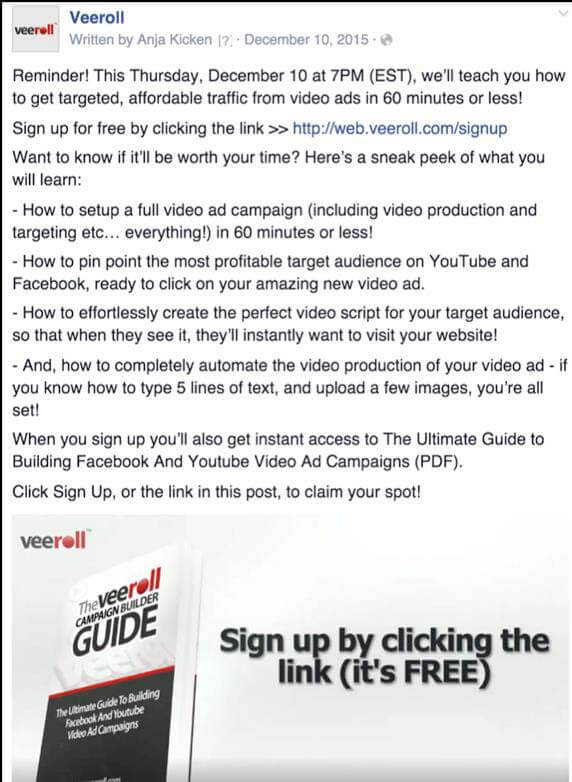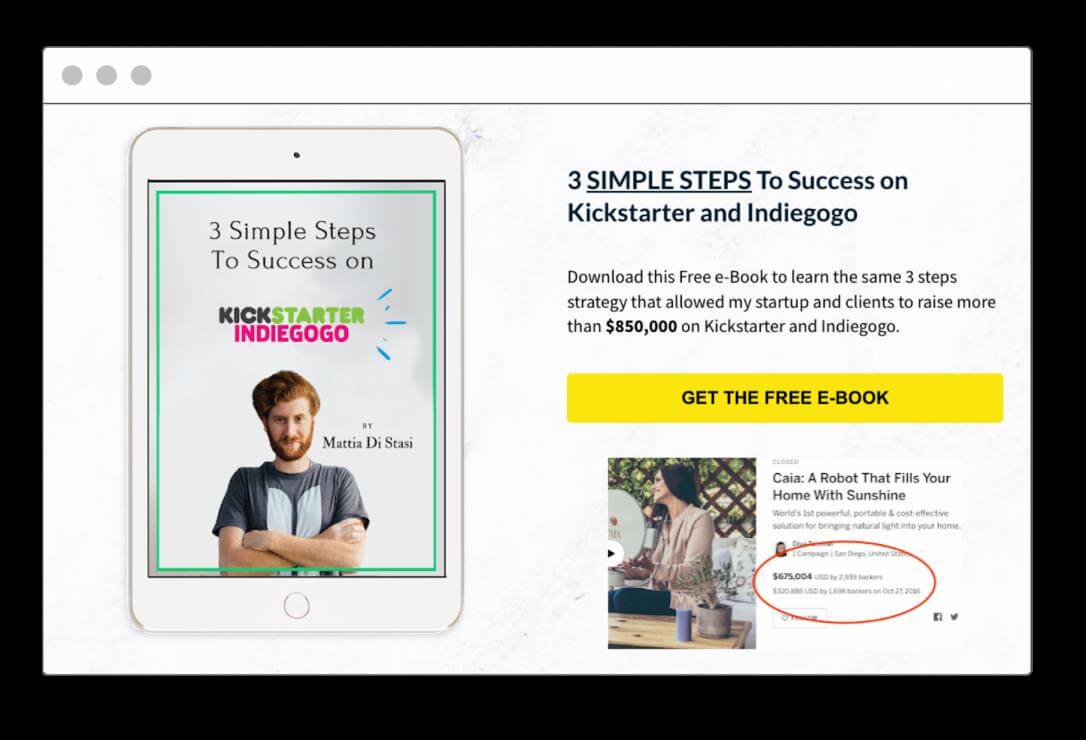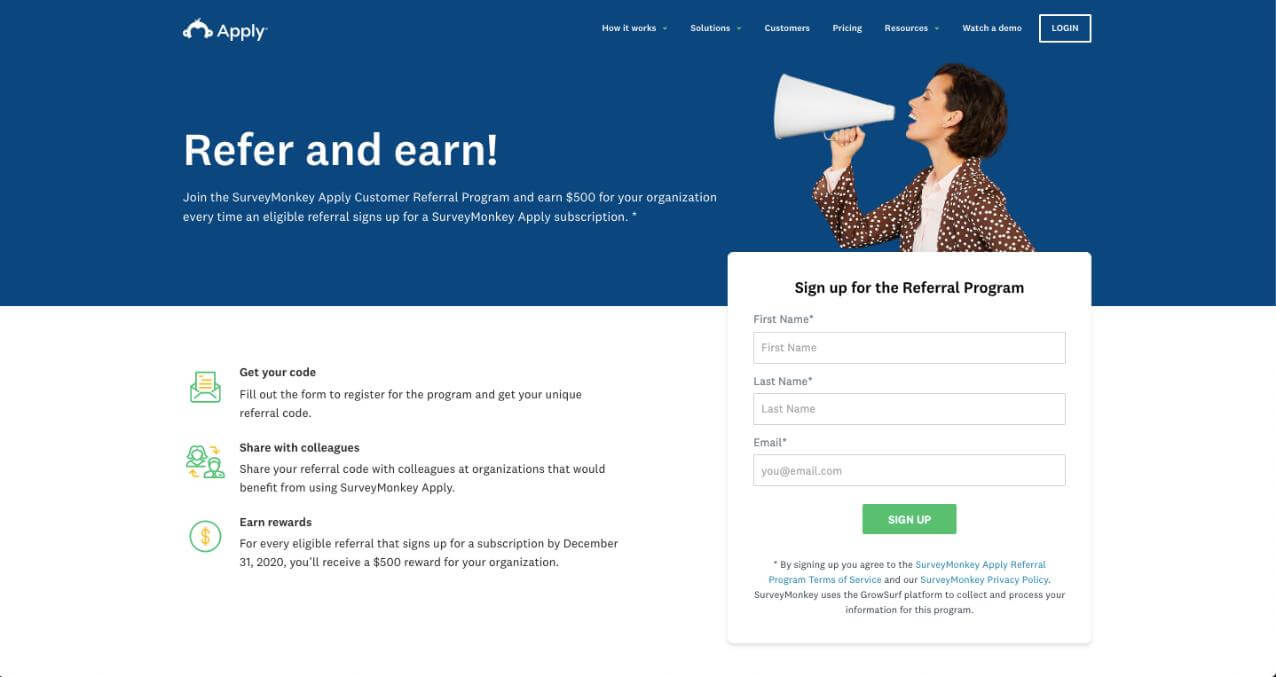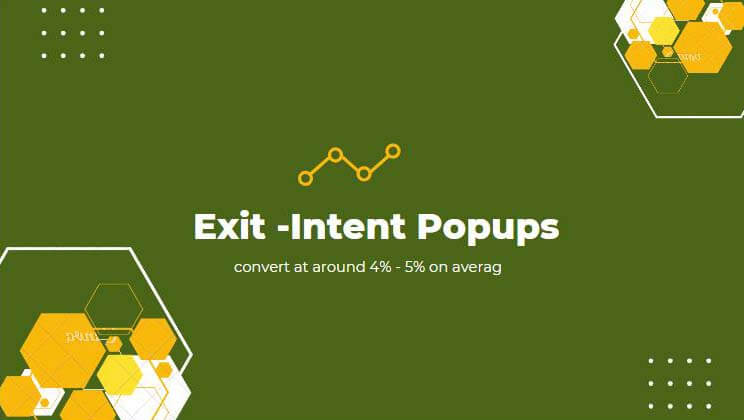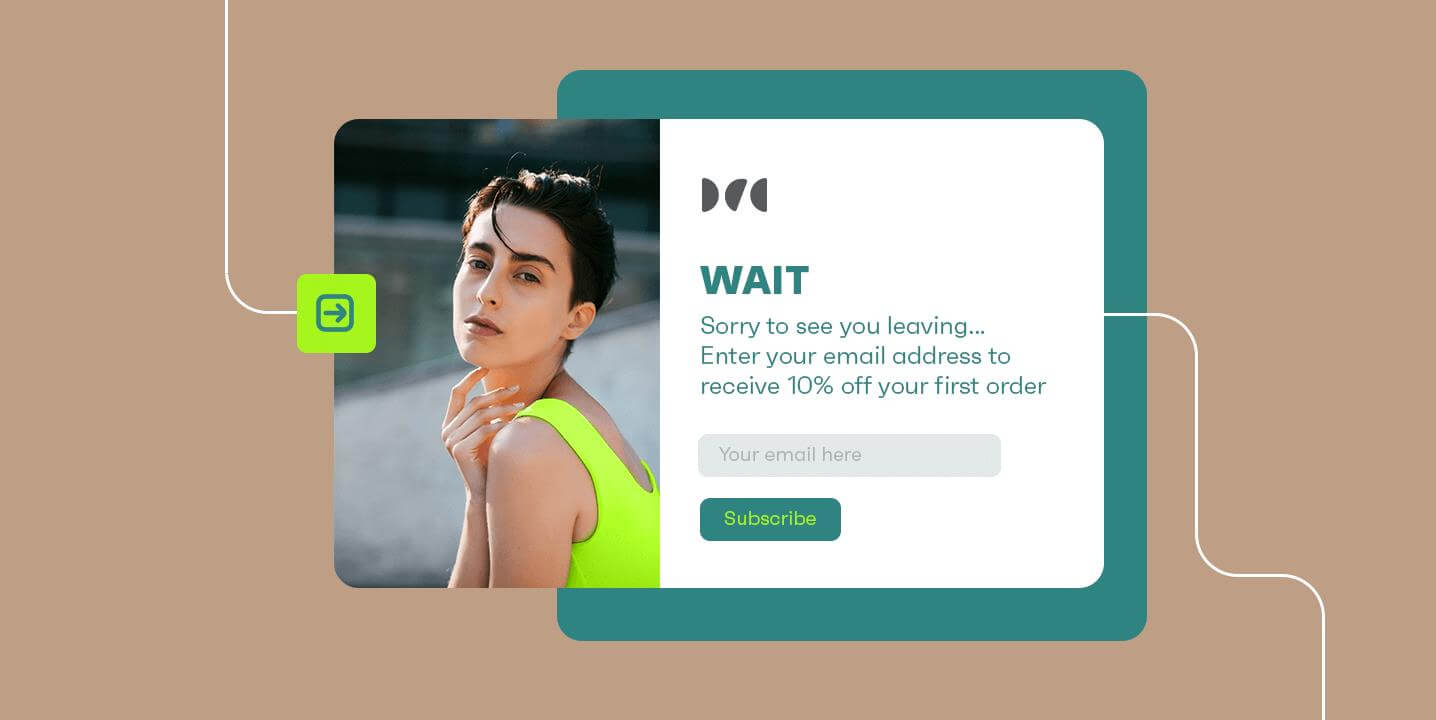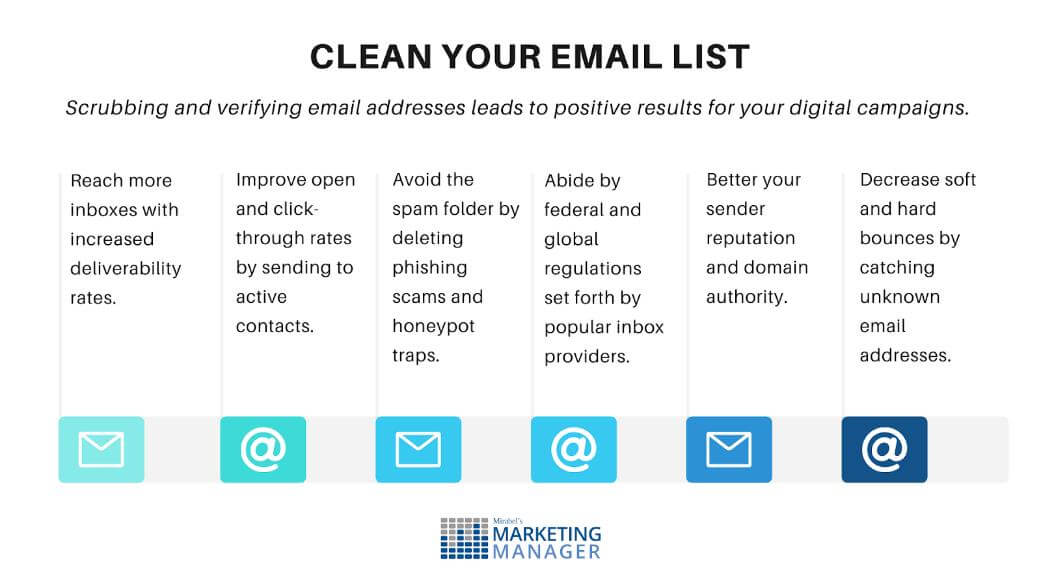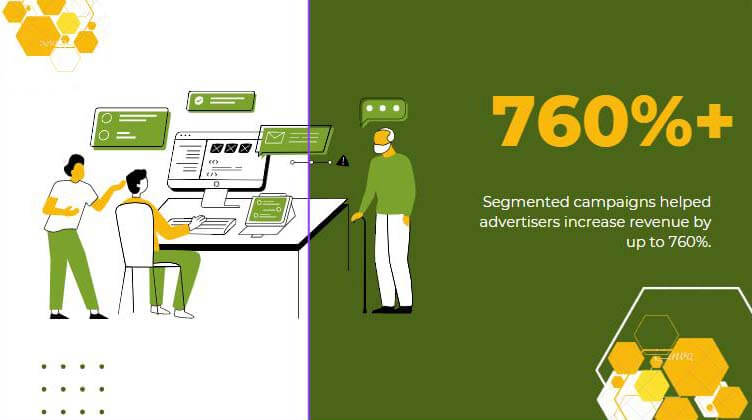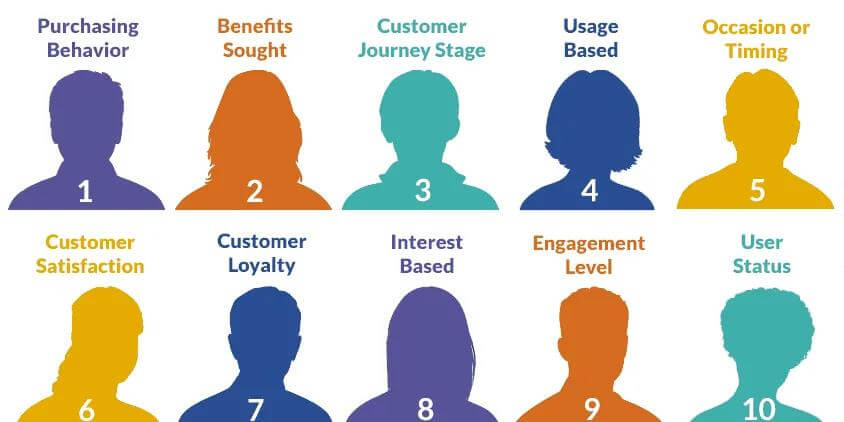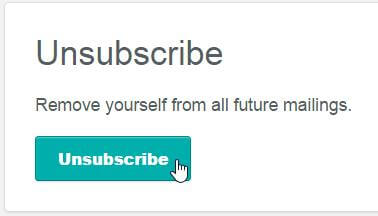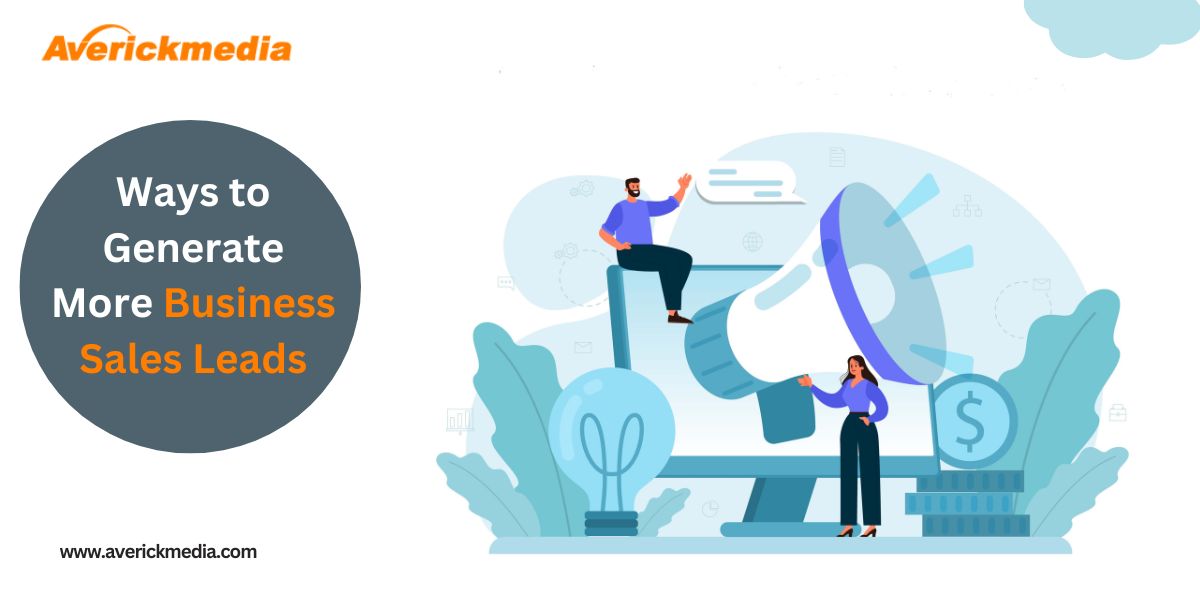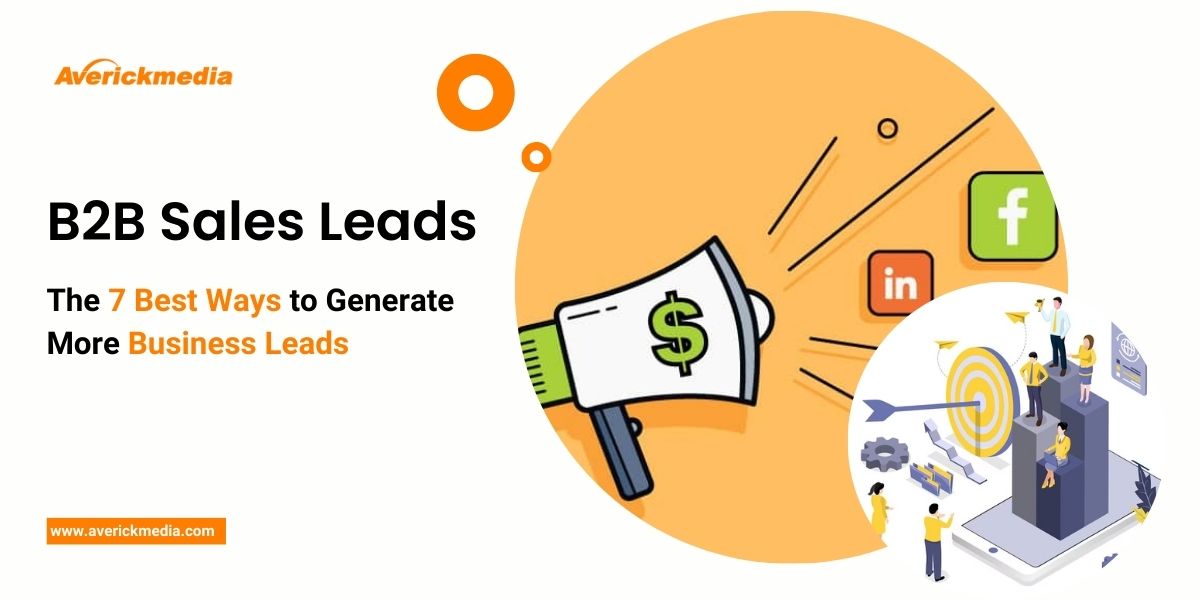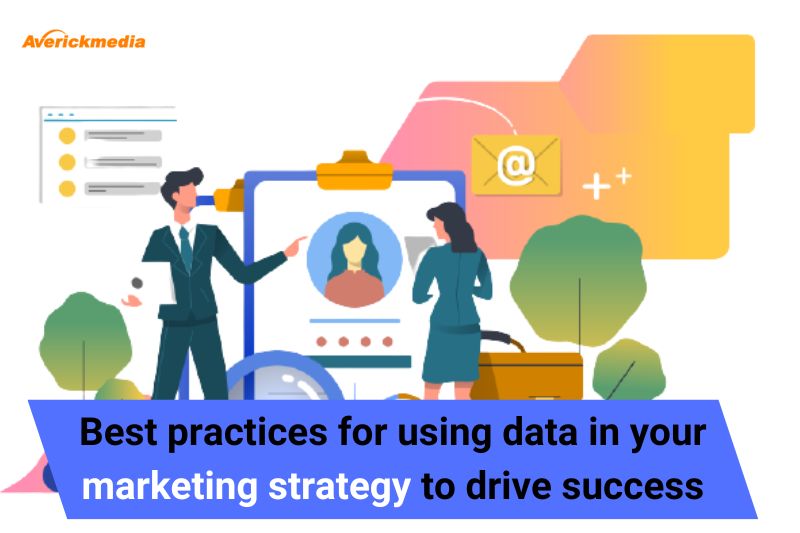How to build a B2B email list using online tactics?
8. Use conversational popups
Conversational popups are a cross between a traditional welcome popup and an entertaining quiz. They're a great method to grow your list and segment your contacts based on their interests. According to Optimonk, the average conversion rate for conversational pop-ups is 15.2%, which is higher than other forms of pop-ups.
The benefits? First, you can inquire about your visitor's hobbies or the problem(s) that brought them to your website. This might assist you in identifying what your potential consumers are interested in and what products to include in customized suggestions for them.
➤ You can also ask for their email addresses in exchange for a discount:
Ultimately, you can enhance the user experience on your website by displaying relevant product recommendations based on the answers provided by customers to your questions. This way, customers can find the products they are interested in more efficiently and effectively without having to search for them on their own.
9. Host webinars
Webinars can be used not just for educational purposes but also to sell your product. The auditory and visual features of webinars captivate your audience. This reduces distractions and influences how people receive the information you share with them. Overall, webinars provide a more thorough learning experience than blog and social media posts. Webinars enable you to interact with your audience in real-time and reply to queries as they arise. In a sentence, webinars are highly targeted.
➤ Here’s how to get started:
The first thing your audience will look at before subscribing to your webinar is the title. So, aim to hook your audience right away with a headline that gets attention.
Selecting the appropriate tools for your webinar to ensure a smooth experience with your business is also critical. This is important in keeping consumers focused and preventing them from losing interest due to system faults.

Source : RC
Finally, after you have settled on a topic and found the appropriate tools to use. Now is the time to spread the word out there!
How to do that?
Start by creating a dedicated landing page on your website. To pique your audience’s interest even further, you can record a short teaser video and promote it on your landing page and with your existing email subscribers and social media followers.
10. Influencer marketing
Influencers can help you increase your email list tremendously by encouraging their followers to sign up for your newsletter in exchange for special offers. As per the Digital Marketing Institute, approximately 49% of consumers trust influencer recommendations when making a purchase, and around 40% purchase the recommended product for a trial.
You may also compensate your influencers based on the number of individuals that sign up for your newsletter due to their efforts. You could also run a referral program to direct specific subscribers to your influencer's unique link. Similarly to influencer relationships intended at promoting a company or product, you should offer your influencer(s) artistic license when it comes to attracting their followers to your subscriber list. Allow your creator to relate their personal experience with your brand in their own words.
11. Use live chat
If you don't yet have live chat support agents and your live chat response rates are lacking, there is a workaround. Ask for prospects' email addresses before they submit their message so you can contact them when you return online.
According to the ApexChat study, having a live chat can increase the number of online leads by 40% on average. Visitors who start a live chat on the website are greeted by a friendly bot and encouraged to sign up for the corporate newsletter right away.
12. Launch a paid advertising campaign
Paid advertisements never get old. They get more refined and targeted each day and remain one of the best lead-generation techniques.
You can use sponsored social ads on LinkedIn or Facebook, Quora ads, or regular old Google AdWords. The ad channel you choose is determined by your target audience's interests and behavior.
To give you real-life examples, Veeroll was able to drive 122 form submissions in two weeks using a Facebook Ad campaign that sent users to a webinar landing page. The program cost $2,500 in advertising and generated $11,000 in monthly revenue.
When you launch a paid lead generation campaign, you must first define your objectives. It's not just about the number of leads you want to generate in a specific time frame; it's also about how much you're willing to pay for each lead.
13. Case studies and hidden content
This one has been out there for a while but is still super effective. Websites commonly provide access to case studies or other hidden content when you offer them your email address. They say they will email you a link or the promised content to protect it, but they really just want your email address. Recently, marketers have been raising the ante and giving away full digital books that are downloadable! Contact information is so valuable, and it’s prevalent in the use of gated content like this.
You can choose a popular product or a new product that you want to spread the word about as your free sample. This might assist you in introducing your products to your visitors and converting more of them into paying clients.
14. Consider a referral program
Referral programs are some of the most popular tools that b2b businesses use to build a solid and loyal customer base. And rightly so - 92% of consumers trust referrals from people they know. In addition, 77% of consumers prefer to buy a new product if friends or family recommend it.
Implementing a referral program for new signups with incentives such as discounts, redeemable store points, and special offers can encourage customers to share your brand with friends and family, ultimately increasing your email list.
15. Use exit-intent popups
Although this is a recurrent strategy, one can hardly ignore it. Exit-intent popups are one of the best ways to capture new subscribers if you own a website.
According to reports, exit popups convert at around 4% - 5% on average. Although this may not seem high, this is higher than average display ads and landing pages.
You can provide any of the incentives mentioned above, but the key here is that you want to do it right before a person is about to leave your site. You can detect this moment by employing software that monitors user activity and detects when they are going to leave.
➤ Here’s a perfect example of exit-intent popups:
